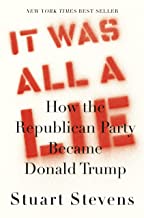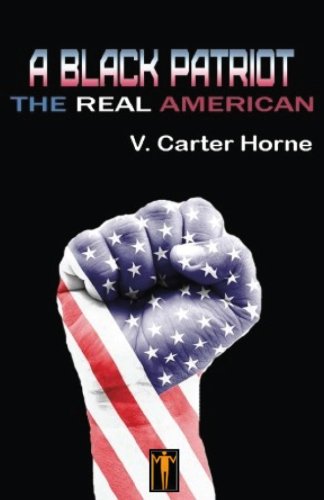The Bonus Army: The History of the Controversial Protests by American World War I Veterans in 1932
ISBN: 9781530067831
*Includes pictures *Includes accounts of the Bonus Army written by members and eyewitnesses *Includes online resources and a bibliography for further reading *Includes a table of contents "On a day in June, 1932, I saw a dusty automobile truck roll slowly past my house. I saw the unshaven, tired faces of the men who were riding in it standing up. A few were seated at the rear with their legs dangling over the lowered tailboard. On the side of the truck was an expanse of white cloth on which, crudely lettered in black, was a legend, BONUS ARMY." – Evalyn Walsh McLean, Father Struck it Rich (1936) Throughout its history, the United States, like most other countries, has faced the challenge of how to properly reward those have risked, and often given, their lives to defend it. Should they be treated as professionals who were just doing a job? What about those who were drafted, many of whom fought against their own will (or at least preference)? Could anyone really pay them for giving up years of their lives for others? If so, how much was enough to pay a man who had left a comfortable home to live in mud and near starvation? As tough as such questions are in the 21st century age of the professional army, they were that much more complex in the past. One of the main questions that fueled the fire of discontent in the 1920s and 1930s was the issue of military bonuses, that is, extra pay for the difference between what a man earned as a soldier while serving his country and what he might have otherwise earned. This issue remained a bone of contention over the decades that followed and turned up again and again every time the United States went to war. Perhaps because the war lasted such a short time, the veterans of the Spanish-American War, fought over three months in the summer of 1898, did not receive any bonuses. However, this decision came back to haunt the nation decades later when World War I ended. The men who had sailed to Europe to defend American allies from German advances received $60 in the form of bonuses, leading to a public outcry against the government’s stinginess.













